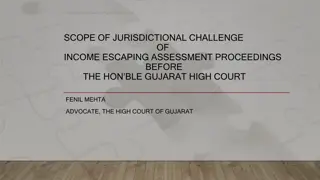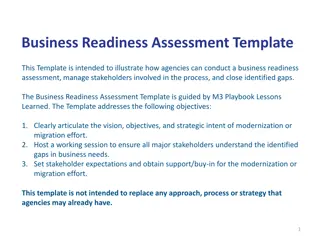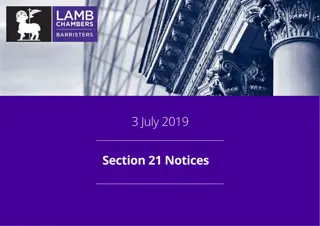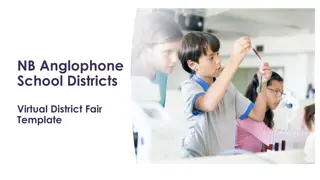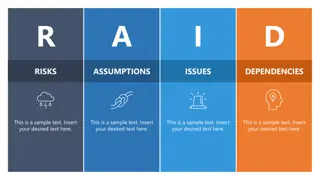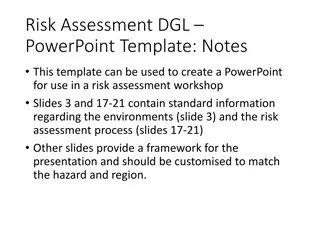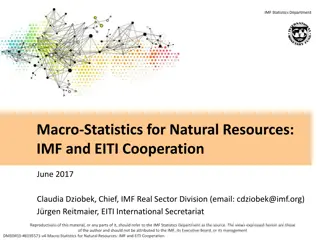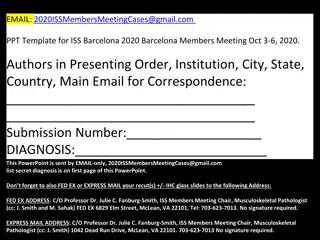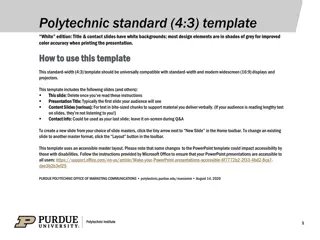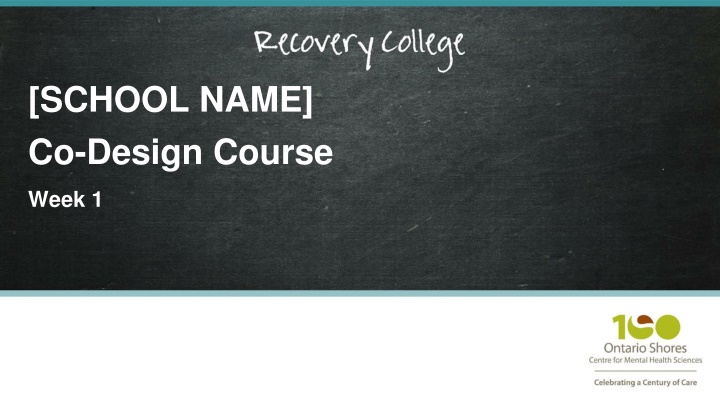
Co-Design Course: Week 1 Introductions and Graphic Facilitation
Engage in a Co-Design Course with Week 1 focusing on introductions, graphic facilitation, and land acknowledgements. Explore the process of using words, symbols, and pictures for effective communication. Join us in creating a safe and supportive learning environment with a comfort agreement in place.
Download Presentation

Please find below an Image/Link to download the presentation.
The content on the website is provided AS IS for your information and personal use only. It may not be sold, licensed, or shared on other websites without obtaining consent from the author. If you encounter any issues during the download, it is possible that the publisher has removed the file from their server.
You are allowed to download the files provided on this website for personal or commercial use, subject to the condition that they are used lawfully. All files are the property of their respective owners.
The content on the website is provided AS IS for your information and personal use only. It may not be sold, licensed, or shared on other websites without obtaining consent from the author.
E N D
Presentation Transcript
[SCHOOL NAME] Co-Design Course Week 1
Introductions Name Pronouns What brought you to this session
Graphic Facilitation Process of using words, symbols, and pictures to facilitate and record a conversation or process Helps engage individuals with different learning styles in the conversation Can be used for scholarly publications, promotion of this event (highlights student voice), member checking
Land Acknowledgement Ontario Shores acknowledges the lands and people of the Mississaugas of Scugog Island First Nation which is covered under the Williams Treaties. We are situated on the Traditional Territory of the Mississaugas, a branch of the greater Anishinaabeg Nation which includes Algonquin, Ojibway, Odawa and Pottawatomi. We believe it is important to offer a land acknowledgement as a way to recognize, respect and honour this territory, the treaties, the original occupants, their ancestors, and the historic connection they still have with this territory.
Land Acknowledgement [SCHOOL LAND ACKNOWLEDGEMENT]
Comfort Agreement The Vegas Rule Share the space You have the right to pass Please email if you wish to withdraw or are going to miss a class If you need to leave part way through the class, please send me a private message on zoom with either a thumbs up , if you are okay, or a thumbs down emoji if you would like me to follow up with you afterwards For the zoom setting, please mute yourself if you are having discussions with others outside of the zoom call or if there is a lot of background noise Respect diversity and differences of opinions and experiences Treat everyone the way you would like to be treated Participate in creating an environment that is safe, supportive and helpful for learning Please refrain from voicing any personal or controversial opinions regarding religion or politics We encourage everyone to share, but please keep in mind this is not a therapy group, so emergencies must be brought to your clinician Ask for clarification if there is anything you are unsure about Is there anything we should add or change?
Important! Disclaimer: The Recovery College is not treatment, nor is it a place to access if you are in real distress or crisis. If that is the case, please connect with crisis services. Central Intake/crisis hotline at 800.263.2679 Courses are a partnership between all participants. WE do our best to work together to design the content but it is equally important that it is meaningful to each group. That being said, we welcome feedback and suggestions throughout. We all bring something different to the table and are experts through our own experiences. Our emails are: [EMAILS]
Apps and Crisis Lines for Support Apps: Talk Campus I.M. Well Instant support for mental health any time of day or night 24/7 access to mental wellness, live chat, counseling, support centre, campus and community resources, interactive mood log, health reminders, and crisis support BeSafe App Connect with resources in crisis Develop safety plan before crisis Crisis Lines: Good 2 Talk 24/7 Student Helpline Call 1.866.925.5454 Talk Suicide Canada Call 1.833.456.4566 Text 456454 Wellness Together Canada Immediate Crisis support Youth: text WELLNESS to 686868 Adults: text WELLNESS to 741741 Front Line Workers text FRONTLINE to 741741 Indigenous people can also reach out to Hope for Wellness at 1-855-242-3310 Distress Centre Ontario https://www.dcontario.org/locations/ For support over text, text SUPPORT to 258258 If you require immediate assistance, contact 911 or attended your nearest Emergency Department.
Why are we here? [CO-DESIGN COURSE DESCRIPTION]
What do we know about Recovery? Traditional Recovery o Remission of symptoms o Return to baseline o Treatment informed by evidence of efficacy of medications, CBT, etc. o No cure that can be linked to any one or combo of treatments Personal Recovery o Personal journey of discovery o Non-linear o Possible for everyone o Finding meaning and purpose in life despite the presence of mental distress
What is a Recovery College? Educational opportunities that support positive mental wellbeing RC courses are co-produced RC s are inclusive and open to everyone RC s operate on the principles of CHIME RC s aim to create a welcoming & stigma-free environment
Co-design Core principle of a Recovery College Involvement of experts by experience, experts by profession, topic experts Strengths-based approach Building on people s existing capacities https://static.thenounproject.com/png/28324-200.png Reciprocity and mutuality Peer Support Re-conceptualizing roles Facilitating rather than delivering (Slay and Stephens, 2013)
Students Voice at the Centre Co-production & Course Creation Peer Facilitation Pre- and post- evaluation surveys to understand who is accessing the RC, program impact mechanisms and what students found helpful Planning for subsequent semesters Gained understanding of the mental health needs of students to inform Recovery College courses Launched registration site, tracked student registration, promotions and marketing Recruited students with lived experiences of mental health challenges to co-produce courses that arose from needs assessment Facilitation of courses by Post-Secondary Peer Support Specialist Mental Health Needs Assessment Course Administration Evaluation & Planning
Todays Objective We will present some of our needs assessment findings for you to react to We have consolidated the information we gathered into [# OF COURSE IDEAS] potential course topic ideas for your input
What are the best ways to effectively reach students? Here is what we have heard: [PROMO SUGGESTIONS FROM NEEDS ASSESSMENT] Do you agree? Are there any other mechanisms that you can suggest?
Course: [COURSE IDEA #1] Based on the needs assessment that we have conducted with staff and students at your school, we have heard that a [COURSE IDEA #1] may be helpful. Do you agree? Why or why not? What content related to this topic would be helpful? What do you want to know or be able to do at the end of the course? Resources and activity suggestions
Course: [COURSE IDEA #2] Based on the needs assessment that we have conducted with staff and students at your school, we have heard that a [COURSE IDEA #2] may be helpful. Do you agree? Why or why not? What content related to this topic would be helpful? What do you want to know or be able to do at the end of the course? Resources and activity suggestions
Other course topics? What other course topics do you think would be helpful keeping in mind the categories typical RC courses fall into? For example: Meaningful and healthy connections (e.g., supporting others, interpersonal skills, healthy boundaries, creating and maintaining friendships, etc.) Skill development (e.g., self-care, time management, boundaries, financial literacy, healthy habits, coping skills, wellness tools, etc.) Self-discovery and learning about yourself/strengths (e.g.,telling your story, pursuing your dreams and aspirations, self-compassion, resilience, self-reflection, etc.) Learning about mental health and treatment options (e.g., understanding treatment options, medication and mental health, where to find and how to access resources on and off campus, etc.) Vocational (e.g., balancing work, school, and life, imposter syndrome, interview skills, time management, life after grad, transitioning to post-secondary, etc.) Recreational and leisure (e.g., cooking, reading for pleasure, etc.)
Ranking Courses If you had to rank course ideas as most impactful/important to least impactful/important, how would you rank them? Up to 2 courses can be run next semester and others will be revisited for future semesters!

